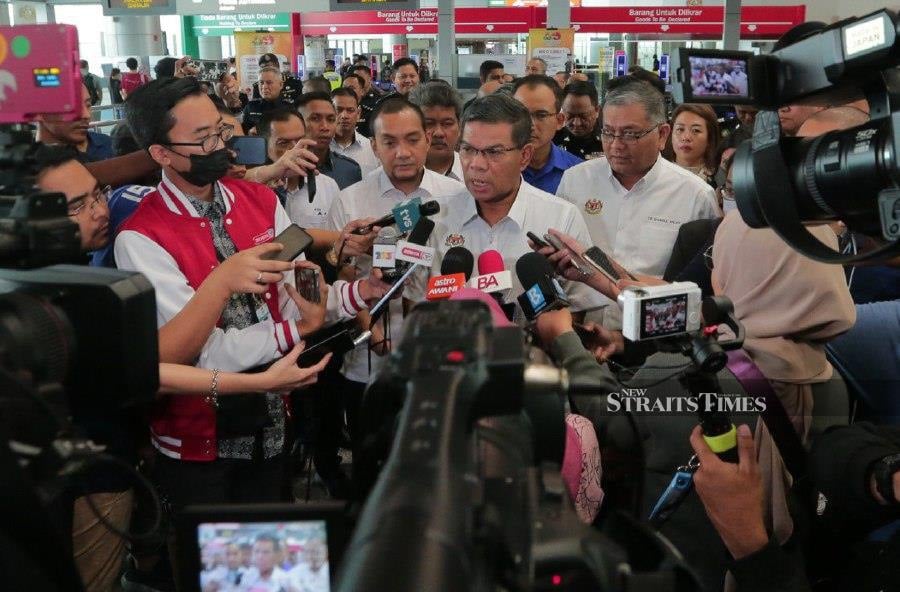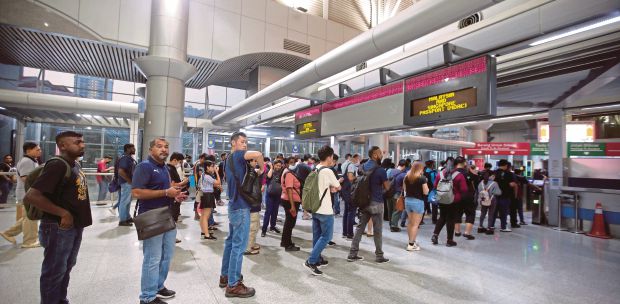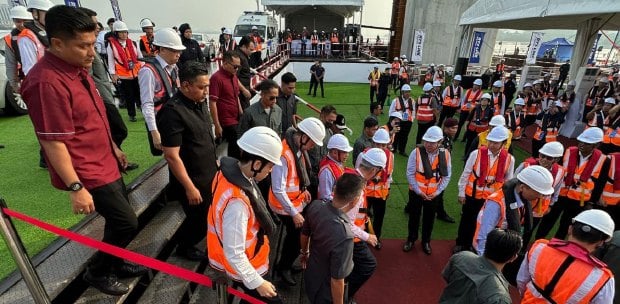JOHOR BARU: Starting today, thousands of Singaporeans entering Malaysia through the Johor Causeway and the Second Link will have the option of using electronic gates.
Home Minister Datuk Seri Saifuddin Nasution Ismail, who announced the move today, said the 20 automatic gates placed at the entry and exit points of these borders would benefit 30,000 to 50,000 commuters travelling from the Lion City to Johor Baru daily.
He described the effort as a quick win to speed up the flow of incoming and outgoing traffic at the two checkpoints.
"The Immigration Department will also expand the use of this e-gate to other low-risk countries, including Brunei, the United Kingdom, New Zealand, Australia and Japan."
He said this after chairing the Johor Causeway Congestion Committee meeting here today.
The minister also visited the Johor Causeway with several federal and state officers at 5am today.
The move is an extension of the e-gate for social visit pass holders. The Kuala Lumpur International Airport (KLIA)'s e-gates have been in place since Nov 15 last year.
Up to this month, KLIA has recorded 12,162 outbound and inbound movements by social visit pass holders.
Saifuddin had earlier said the Johor Causeway was the most congested checkpoint. In 2019, a daily average of 253,717 people travelled in and out of the two checkpoints, including the Second Link.
A daily average of 225,806 and 218,061 people travelled in and out of the checkpoints in 2022 and 2023 (so far), respectively.
Saifuddin said in today's meeting, he was told that 23 initiatives had been drawn up to be implemented at the checkpoints.
"Of the 23 initiatives, two have been postponed to complete the application of new allocations under Rolling Plan 4. There is no urgent need for them to be implemented at this time and have been replaced with other initiatives.
"The two initiatives are the upgrading of the border and entry gate management systems and the creation of health facilities at the checkpoints.
"Up to Jan 19, the status of the 21 initiatives is that 62 per cent or 13 initiatives have been fully completed, 24 per cent or five initiatives are currently being implemented and 14 per cent or three initiatives have yet to kick off."





